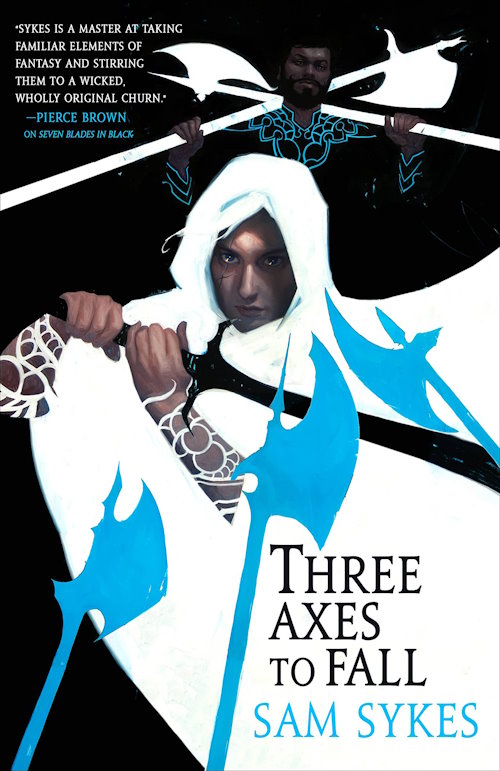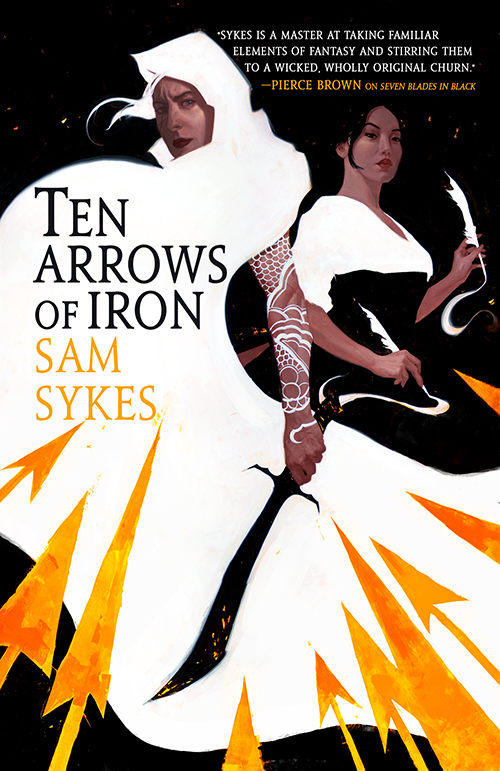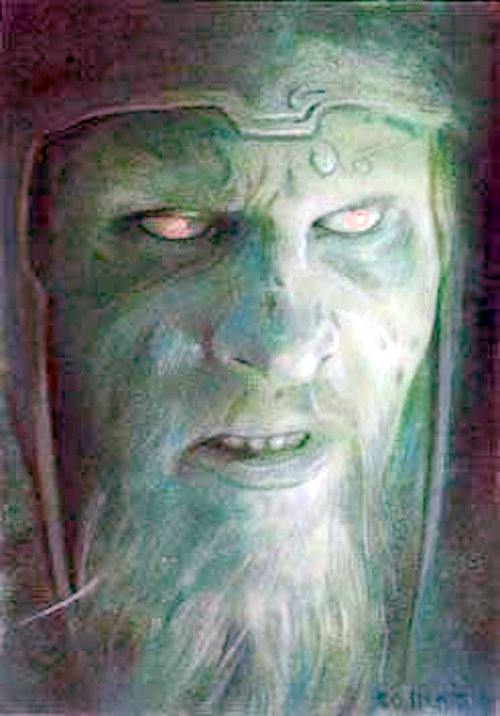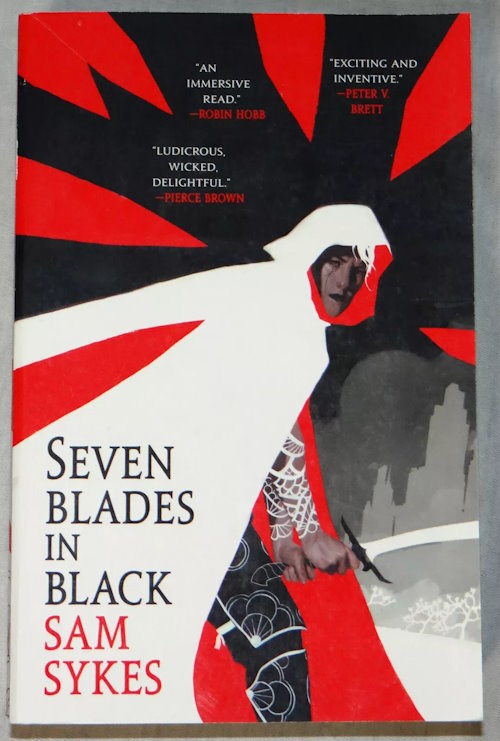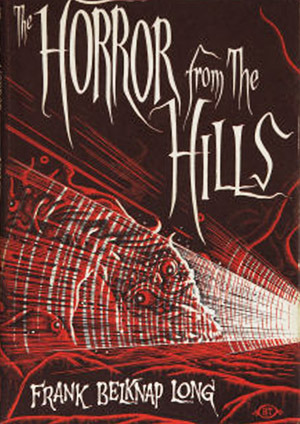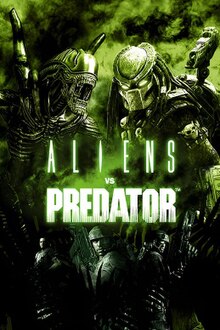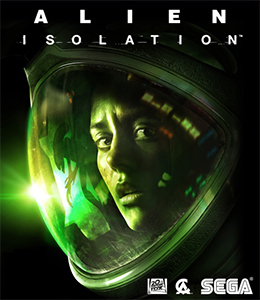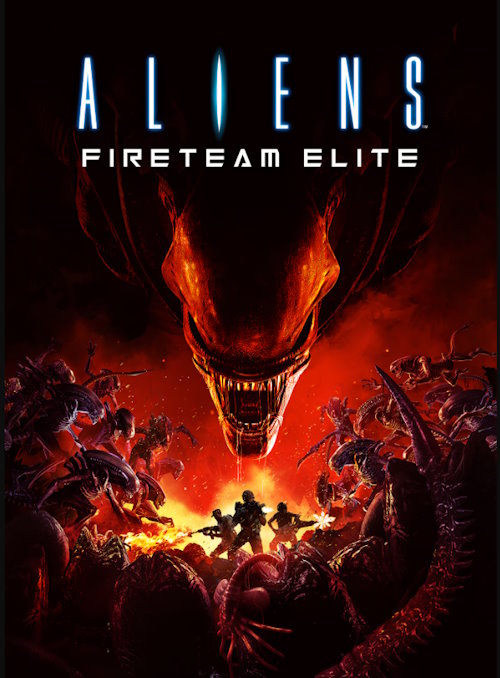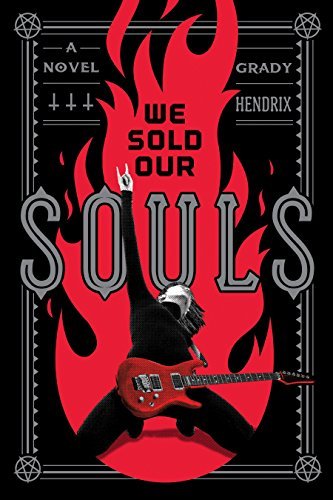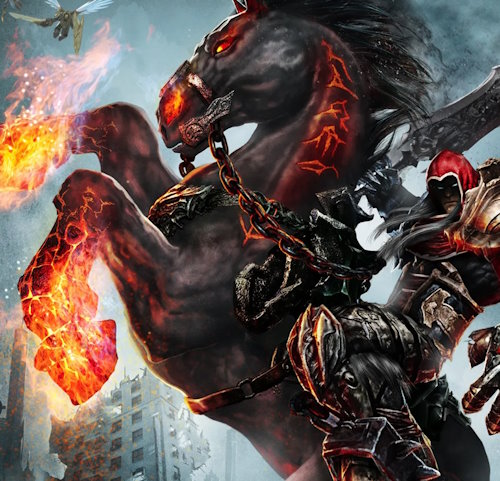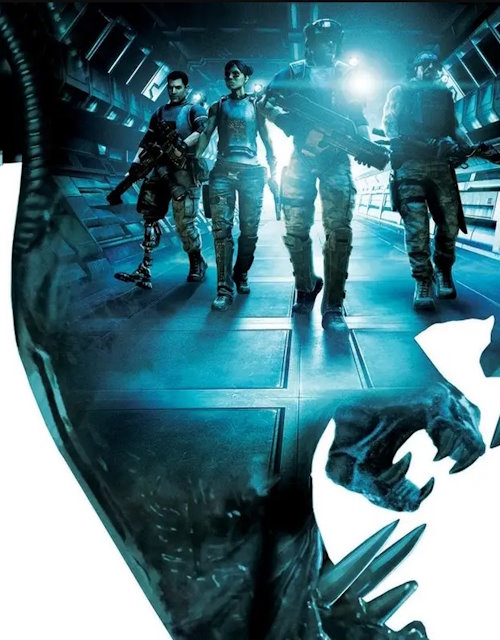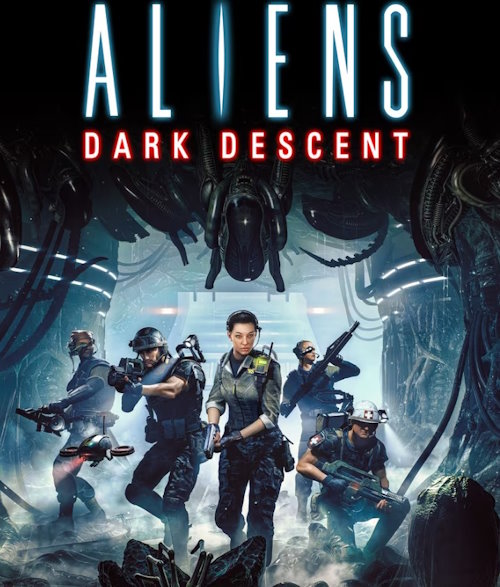
The Englund Gambit is a weird opening that at first seems a one trick pony, something that either gets your opponent with a cheap shot or fails miserably. But when you look closer, you see it as a functional opening with a high win rate for Black, something chess experts have spent hours of content refuting and also, if I may, one of the funnier jokes in chess.
You see, the joke starts from its very name. Fritz Englund did not play this opening. He was a very good chess player from the beginning of the 20th century and in 1932, just a year before his death, he organized a chess tournament where the opening moves were 1. d4 e5 2. dxe5 Nc6 3. Nf3 Qe7 4. Qd5, what we now call the Stockholm Variation of the Englund Gambit, because of this very tournament and it's not even considered the main line.
I don't know why he chose these moves, but I feel like he tried for the more unprincipled opening out there. That's how the joke continues. You sacrifice the important center king pawn and then, with only one knight developed, you make multiple queen moves. From then, you either destroy your opponent immediately or are forced to run away with your queen, never castle, make moves like Kd8, Na6, Ne7, Rb8 and d6, f6, c6 - in some variations all of them. It is a positional joke, where you lose little material and sometimes you gain some, but the eval is almost always favoring your opponent.
Yet, as funny as it is, this is not a ridiculous opening. Natural moves often lead to a quick defeat for your opponent and, even if they defend against your initial attack, it's White that has to prove they know what to do next. This turned out to be a very entertaining opening to study, as at the end, escaping after you failed to assassinate your target and fighting for survival, the game becomes really thrilling. A bit like a hitman action movie.
Also, take a look at the popularity of this opening. It has exploded since the end of 2020 and is still played a lot today.
In order to document myself on this opening I've created a Lichess study, complete with very detailed video explanations from experts such as Daniel Naroditsky, Miodrag Perunovic, Stjepan Tomic and Igor Smirnov, which try very hard to show you how to play against it. You can follow the videos directly from the study if you have my LiChess Tools browser extension installed and you use Chrome (Firefox does not allow that video popup functionality). I've identified six main traps from the Englund as well as some lesser played lines that give you a theoretical advantage against ill prepared opponents.
Companion study: Englund Gambit - with videos
So let us begin.
Basics
The opening requires just two moves: White starts with d4 and Black replies with e5, a kind of mirrored Scandinavian, but completely different because the e5 pawn, a very important one as it protects the king and controls the center, is completely undefended. The purpose of the Englund Gambit is to draw out your opponent's pieces in protection of a pawn, while the queen sneaks in and kills the king. This is the most critical position:
It looks promising: a triple attack that White can't possibly completely protect against in a position that has been reached four million times on Lichess with a win rate for Black of 60%. Even for games 1600+ blitz+ from the last year the win rate is still unreasonable high: 55%. White has to be very careful here.
This is not the only way you can play this opening, though. White might bring their bishop to g5, showing they know what the Englund is about, so maybe instead of the usual Qb4 change your plans by going to the very rare Qc5, confusing your opponent:
Or maybe, guessing your opponent is prepared for your usual Englund trick, you don't even play Qe7 and instead pivot to the equally dangerous Hartlaub-Charlick Gambit, where you gambit even more pawns, but gain initiative:
There is more than meets the eye with the Englund, far beyond the simple "mate in 8 moves" trick that people are usually emphasizing to try to sell it to you. In fact, I am not even going to mention the normal mate tricks in this blog post! You have the study available to check out any variation your heart desires. Instead, I will focus on the chase, the part where the initial attack failed and White is gleefully counterattacking and trying to punish your queen.
Going for the tricks
This is the next critical position. You went for the tricks and White defended well. You are now woefully undeveloped and your queen has to escape from behind enemy lines. There is one more trick with Nb4 which could work, but it can be easily counteracted by White with Nd4 to which your best reply is probably Na6. It's wild stuff, but I don't recommend it.
Instead, go for the normal Bb4 - which may look unnecessarily dangerous, but it is by far the best move. This is the punchline of the Englund joke: you are no longer down material, but the eval is +2 for White. They will viciously attack your queen with Rb1, then , after you dodge with Qa3, either go for the more recent main line with Nd5 or with the more classical Rb3.
But still, there is one more trick that you can try! (you're seeing the pattern now, don't you?). The queen has no other square to escape to other than a3, everything else is covered by rook, knight and pawns. What else could you do? Enter the Hambleton Gambit, the variation that Aman Hambleton of Chessbrah fame popularized: Qxc3!?. You exchange your wayward queen for two of White's more active pieces and a pawn, but you only lose less than one more eval point. You might say that you reconcile the material with the positional evaluation, reaching a position where you are 2 material points down with close to +3 eval for White.
It's an amazing idea, but one that I am not confident enough to recommend. Aman himself played it a lot and created a lot of theory around it, kudos to him. He even played it in an official over the board tournament and only lost in a completely drawn position after more than a hundred moves being played. This is one of those variations where the opponent will get humiliated by a draw, but it's very difficult to play for a win.
Anyway, let's get back to the Qa3 idea. Let's see what White wants to achieve:
OK, a bit overwhelming, but that's what the position is. They will exchange the bishops then attack with two monstruous knights a Black king that was abandoned by its defenders. In view of this diagram, Hambleton's idea doesn't look so bad at all.
Yet, there is one more trick. Who'd have thunk it? Indeed, it's a silly trick, but glorious when it works: 8. Nd5 Ba5 . We delay the exchange of bishops and also defend c7, giving White another opportunity to blunder by taking the bishop themselves. That move leads to the exchange of bishops and queens, with one of the knights retreating to protect the White king and giving Black the time to play Kd8.
But that's not the trick, because a well studied White player will not capture on a5 and instead play 8. Rb5 to which we reply with Bxd2+. Why is exchanging the bishops good now? Well, first because there is no way to defend it and c7 and all of the other weaknesses White is attacking, but second because we're setting the last trap with Kd8, defending c7 and enticing White to give a check instead of playing one of the principled moves:
There are three moves that White can make here, two of them are maintaining the (large) advantage and one is either equalizing or even losing. Best move is e4, opening the light bishop diagonal, but also providing an escape square for the king. Ng5 is the next best move, making it extremely difficult to protect both c7 and f7. The next move, a very natural move, is Qg5+, checking the king and also attacking g7. Oh how the tables have turned!
Now White's queen is in your face, capturing your rook, and there is nothing you can do in order to protect it... 12... Qc1# That's the trick. There are tricks all the way down, young one!
The Siderite Variation
OK, I am kidding. I have not invented a variation in the Englund Gambit, but I did find one that is reasonable for Black, extremely rarely played, and one of those weapons that good hitmen always hide in their hair or belt or whatever. So you have gauged your opponent and reached the conclusion they know what they are doing. Maybe you are playing the same person who you mercilessly tricked before in the Englund, again and again and again. He has come prepared and hungry for your blood. 1. d4 e5 2. dxe5 Nc6 3. Nf3 Qe7 4. Bg5 this guy has watched the beginning of Danya's video and is ready to pounce when you move Qb4+. He can see himself finally win. And you play 4...Qc5.
Note that you can reach the same position if you go Qb4+ and he replies with Bd2 first. Then you go Qc5. The idea here is mostly psychological. The best move for White is to move the bishop, again, maybe for the third time in a row, to e3. There are other similarly good moves, don't kid yourself; objectively the Englund Gambit is not a sound opening, but when you play against people, you use their very instincts against them. So here we are, the last critical position I am going to present:
There are no tricks from this position, really. Now you play chess and you prove you're better than your opponent. From the four moves White can do that don't lead to equality, one is retreating the most advanced piece that they just moved and the other three are apparently abandoning the e5 pawn. Engines are recommending Qe7, often followed by Qe6. Who can understand engines? Qc5, played in 1% of the games that have reached the position, reaches into your opponent's heart and tears their soul out.
Your plan? Other than confusing the hell out of the other guy? Ne7 (not Nf6, running into b4 moves that Big Mio and Danya are recommending), followed by Ng6, perhaps. If they protect their pawn with Bf4, you can move your queen to b4, playing for a threefold repetition or maybe going for the tricks once again. And even if all else fails, even if your opponent plays the best moves and you get to the position recommended by the masters, eval is +1.7, you nicely move Qe6, finally appeasing the electronic gods, and you reach a position that has been played 6 times and from which Black won 5 times.
Conclusion
Most of the work for this post was the study, which I encourage you to examine carefully. Not for my recommendations in particular, because I am not that good of a chess player, but the multiple lines that provide a lot of entertainment. I have to admit I started this with the idea of finding some quick trick line that will catch your opponent unawares and I've spent instead most of a week looking into the beauty of this rich gambit and losing myself into analysis.
Whatever kind of player you are, I hope you will find this as useful and entertaining as possible. Enjoy!


